|
0 Comments
https://mailchi.mp/0eee9bb31b12/february-march-2024-newsletter?e=9408bfc1cd
Sung gave a lecture at a graduate seminar, Society and Culture in the Contemporary Asia Pacific, at the University of San Francisco. As always, this seminar had a highly engaged group of students discussing the significance of preserving the history of marginalized populations in the Asia Pacific.
On Dec. 13, USWC's Board member Sung Sohn, feminist foreign policy director at USWC, presented a webinar on feminist foreign policy (FFP). Sung reviewed the basics of feminist foreign policy, updated on efforts to bring FFP to the U.S., and gave examples of the need for a FFP, including the conflict-related sexual violence Education for Social Justice Foundation, which has given witness.
In celebration of the 75th anniversary of the Universal Declaration of Human Rights (UNHR), the UN Association-SF hosted a ceremony with music and art in the community. Since 2012, the Oakland School for the Arts (OSA) participated in the UDHR Poster Project. The OSA student posters will be on display in the lobby of the Veterans Building today! The Charter of the UN, the founding document of the UN, was signed on June 26, 1945, at the Herbst Theatre auditorium of the Veterans War Memorial Building. On Dec. 10, 1948, the Universal Declaration of Human Rights was proclaimed at the UN General Assembly In Paris.
Image credit: Анастасия Тоток & ESJF On Sept. 30, ESJF participated in the 5th annual Chuseok Festival hosted by the Korean Center, Inc. in San Francisco. Many visitors to our booth showed support and expressed interest in our work. It was so special to see two USF graduate students from the seminar Sung taught a few days prior come to show their support and continue the discussion. Big appreciation goes to several ESJF volunteers who made the great turnout possible!
Click here to see a short clip of the fun day. Thank you to Sumi Lee from the ESJF Parent Committee for creating this clip! |
CategoriesCategories |
Proudly powered by Weebly


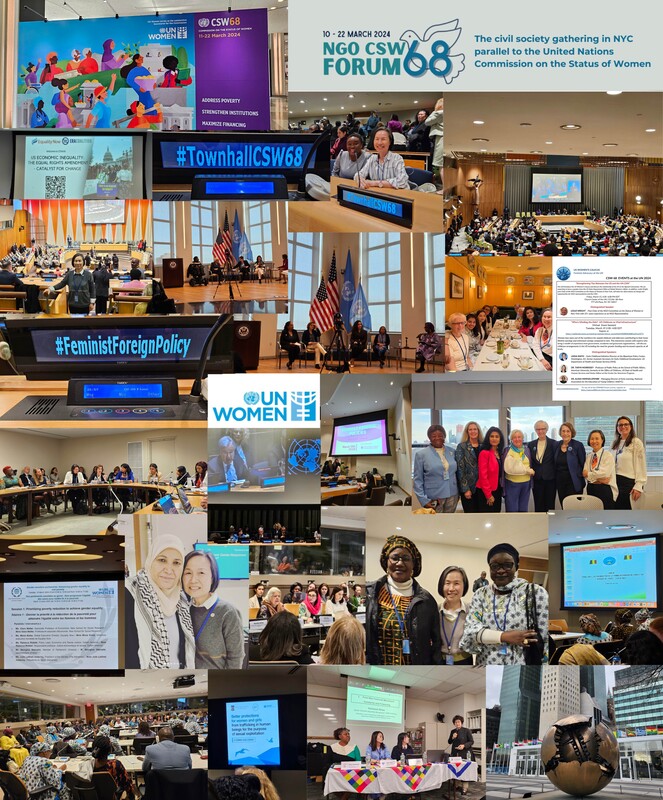
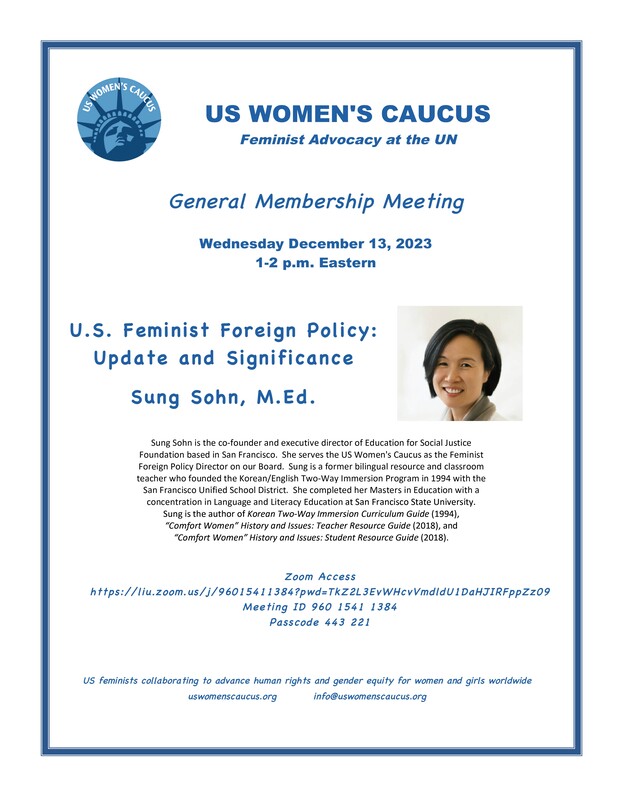
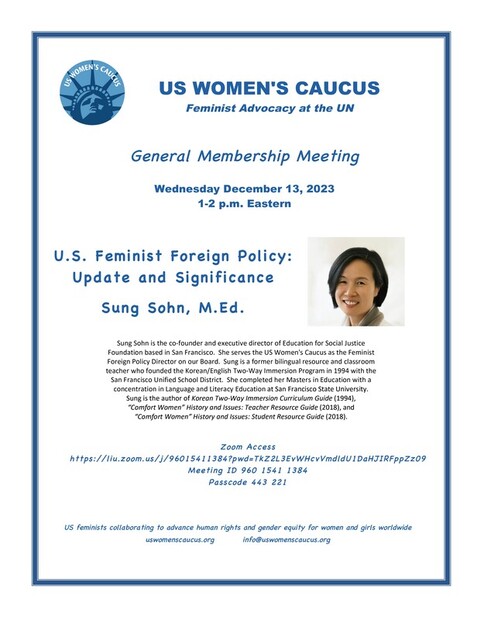
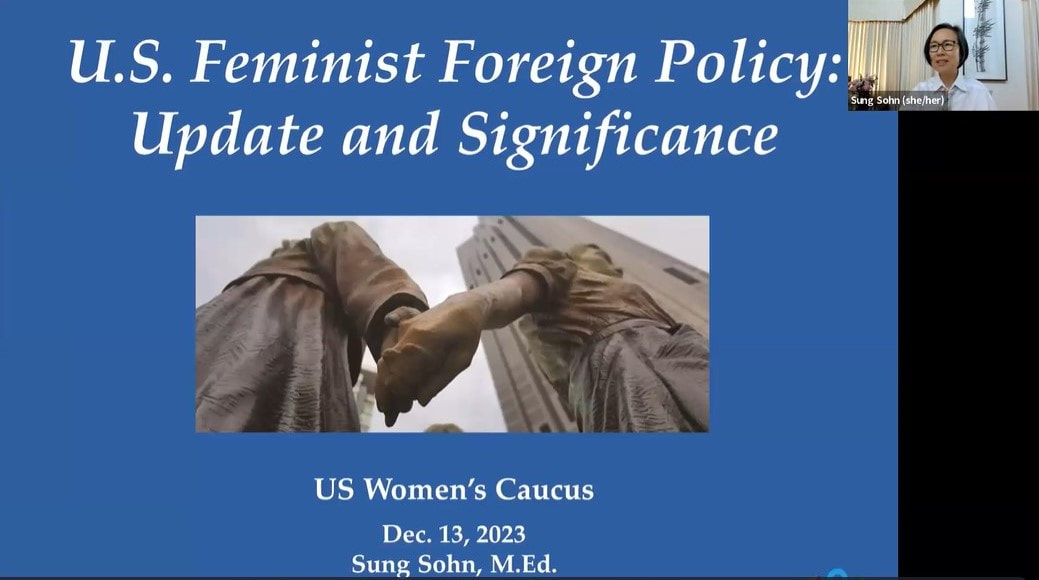
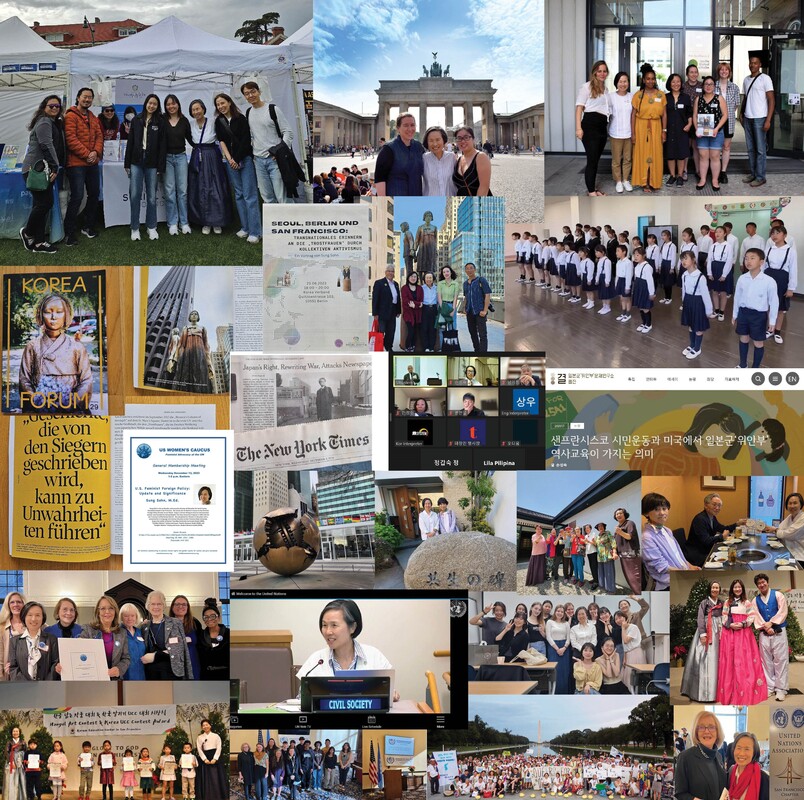
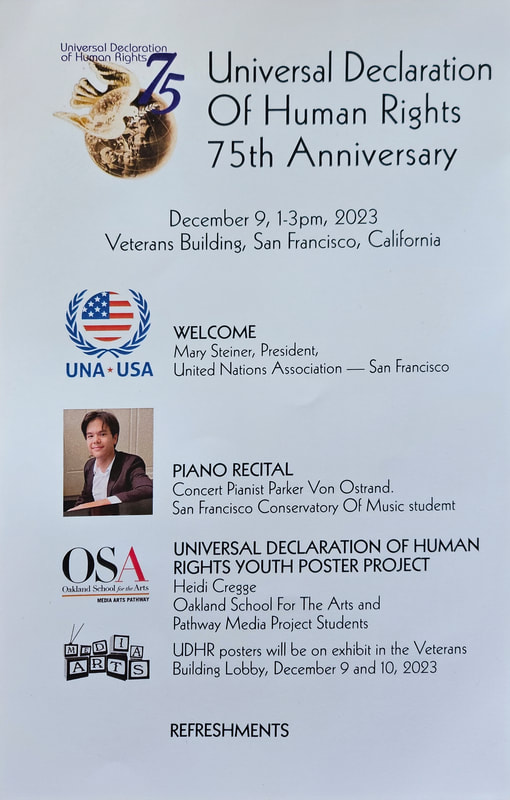

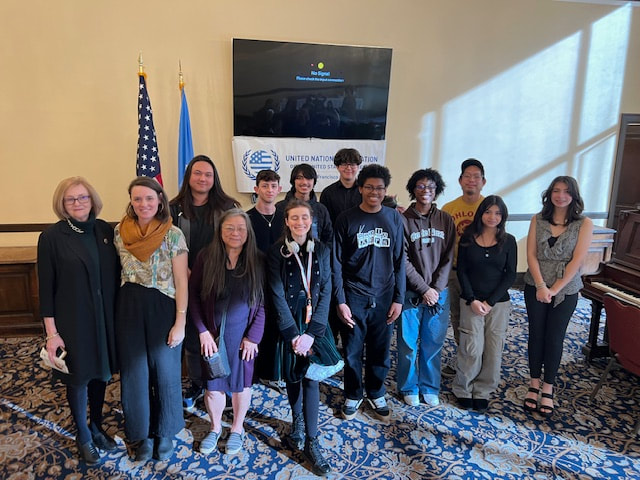
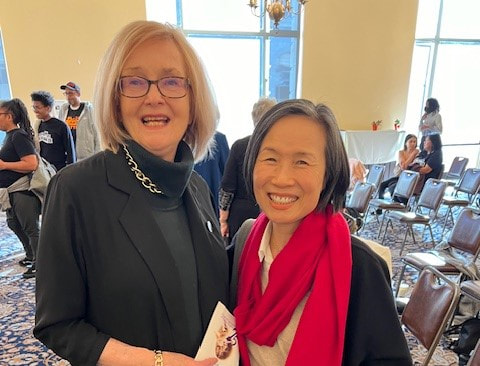
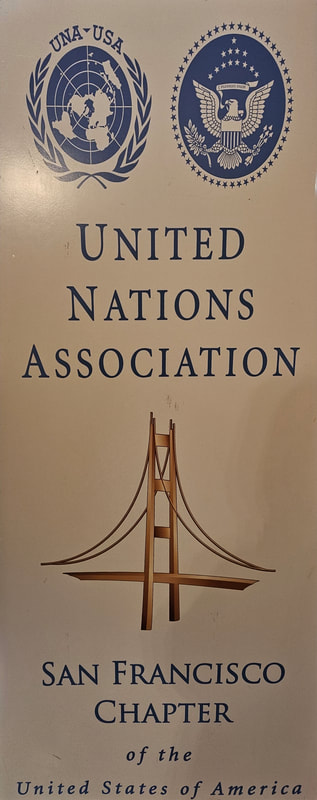
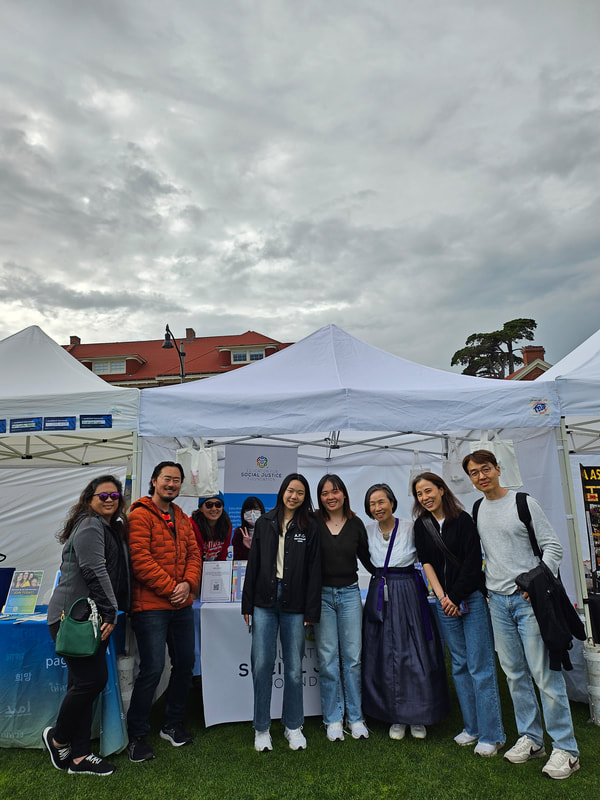
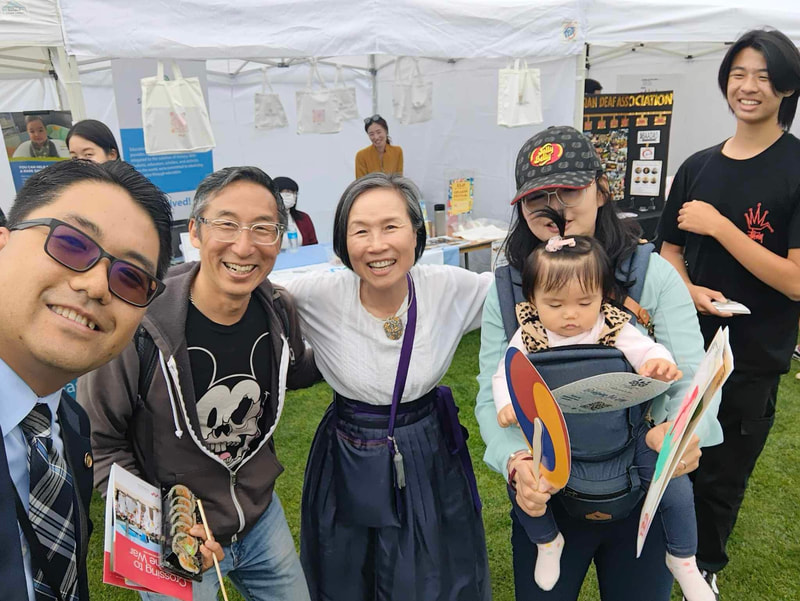
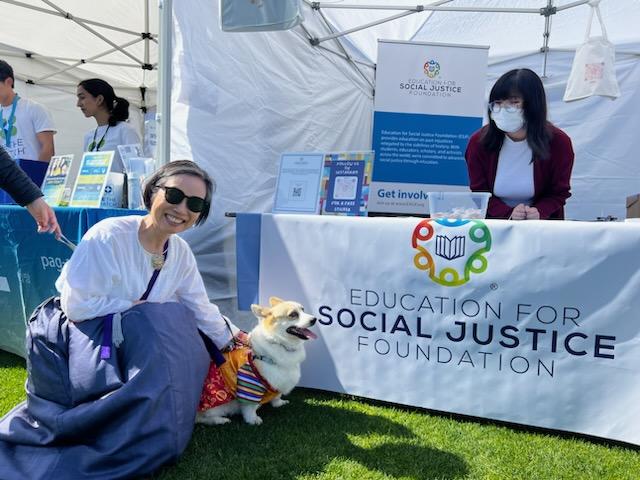
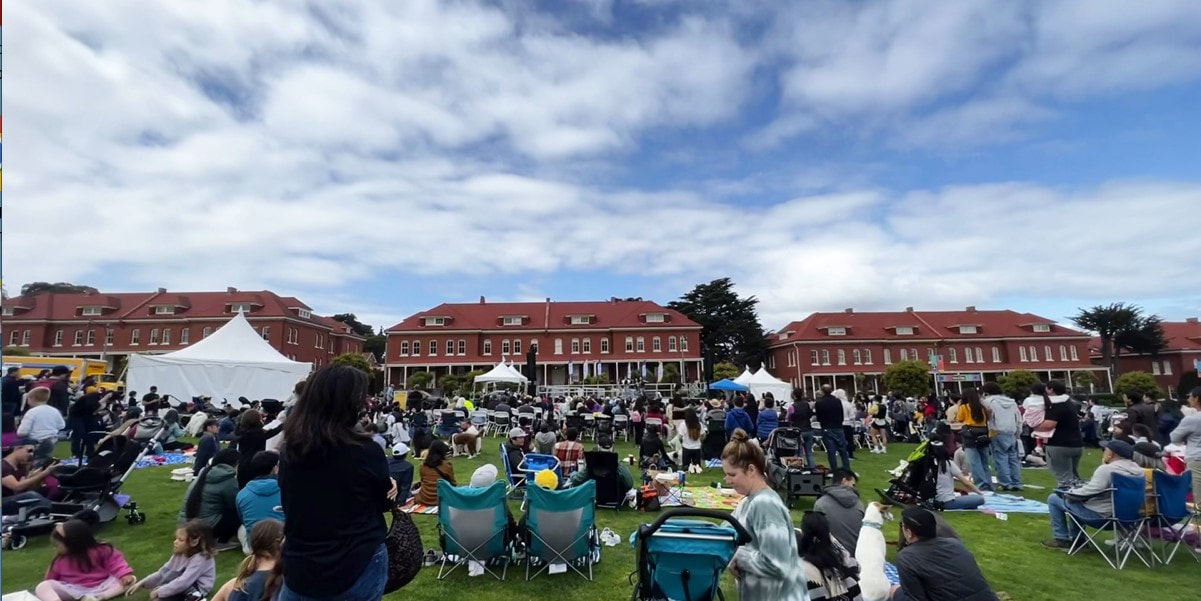
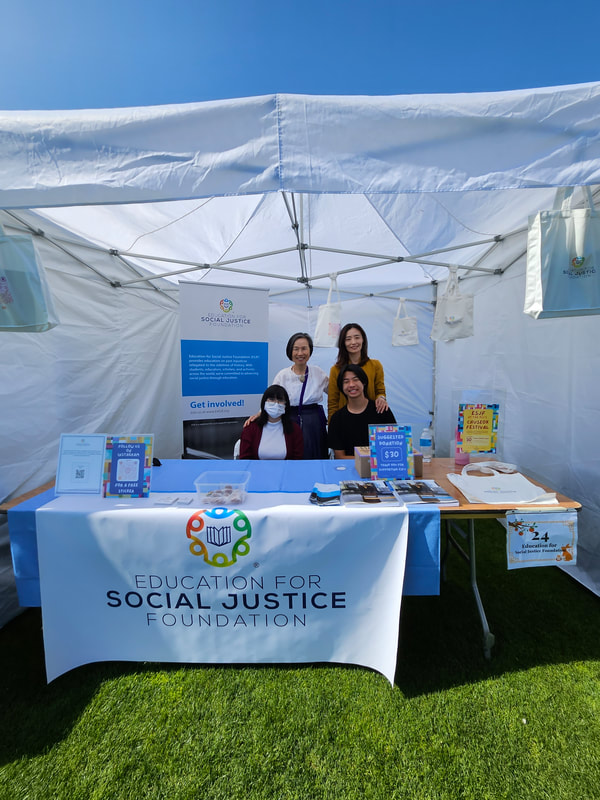
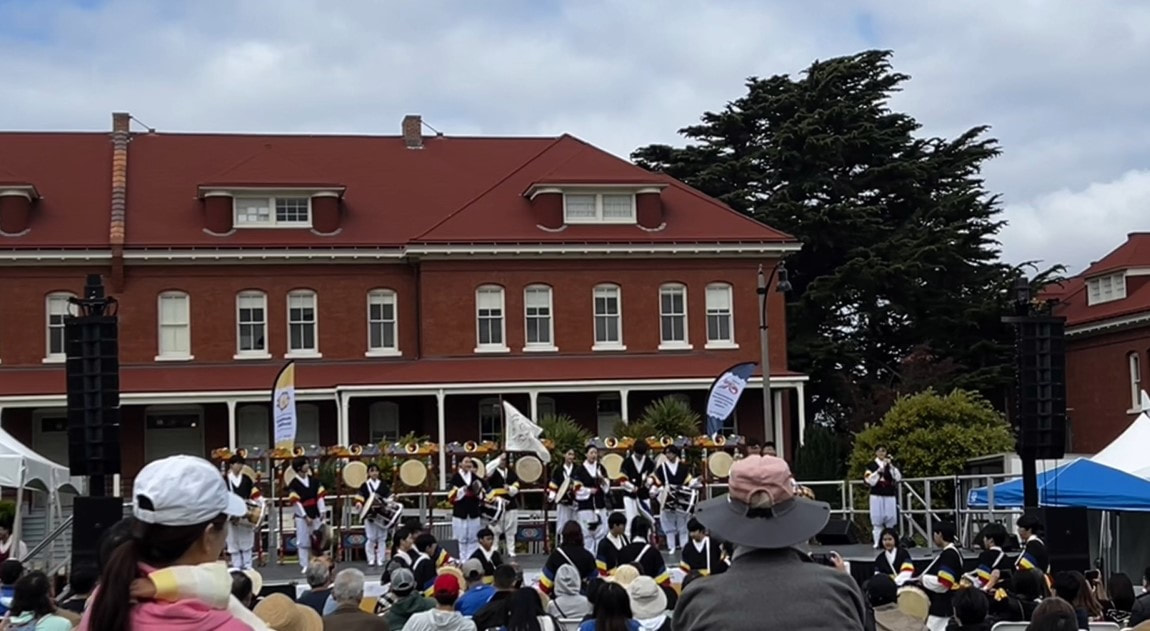
 RSS Feed
RSS Feed